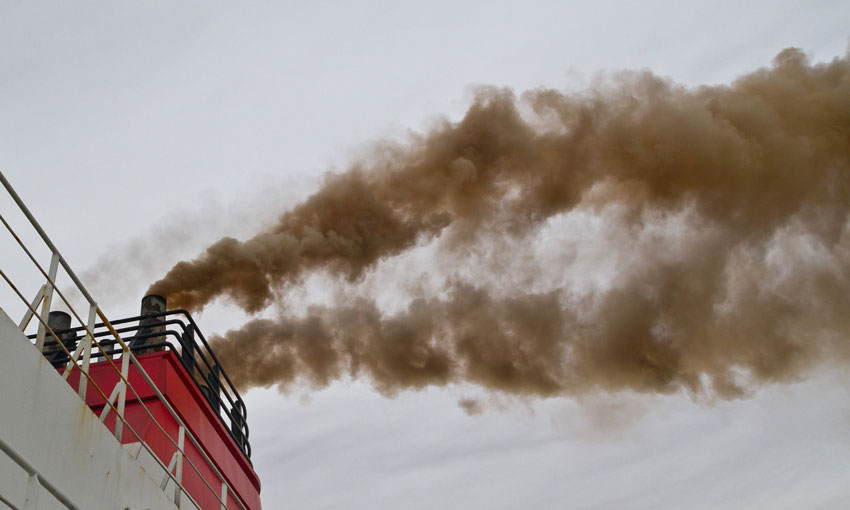ON 1 January 2020, new reduced limits on sulphur in fuel oil brought about a 70% cut in total sulphur oxide emissions from shipping, according to the International Maritime Organization.
One year on, indications are that the transition has been extremely smooth, a testament to the preparations of all stakeholders prior to the new rules entering into force, the IMO said.
The upper limit of the sulphur content of ships’ fuel oil was reduced to 0.5% (from 3.5% previously) – under the so-called “IMO 2020” regulation prescribed in the MARPOL Convention. This significantly reduces the amount of sulphur oxide emanating from ships.
IMO head of air pollution and energy efficiency Roel Hoenders said through 2020, 55 cases of 0.50% compliant fuel being unavailable had been reported in IMO’s Global Integrated Shipping Information System.
“Given that more than 60,000 ships plied the world’s oceans in trade last year, this was a remarkably low percentage of ships encountering difficulty in obtaining compliant fuel,” Mr Hoenders said.
“We had a great deal of preparation during 2019 and before, from all stakeholders and all indications are that there have been no significant issues with supply of low sulphur fuel oil.”
The majority of ships trading worldwide switched from using HFO to using VLSFO. Generally speaking, these are new blends of fuel oil, produced by refineries to meet the new limit, in accordance with IMO guidance and ISO standards.
Guidance issued by IMO on dealing with the new fuel blends in advance of the new requirement addressed implications of switching to VLSFO, including assessing and managing risks and highlighting potential safety risks, so that the risks can be mitigated.
Through 2020, and into 2021 to date, IMO has not received any reports of safety issues linked to VLSFO.
Nonetheless, during 2020, an IMO correspondence group considered fuel oil safety issues in general and the need for further mandatory requirements to ensure fuel oil supplied meets the required standards and quality. The report of the group (MSC 102/6) is available on IMODOCS and will be discussed at the next session of IMO’s Maritime Safety Committee (MSC), MSC 103 in May 2021.
Prior to that, the eighth session of the Sub-Committee on Prevention of Pollution from Ships (PPR 8), scheduled to meet remotely from 22 to 26 March 2021, will further consider VLSFO fuel quality issues, including possible effects on black carbon emissions.

